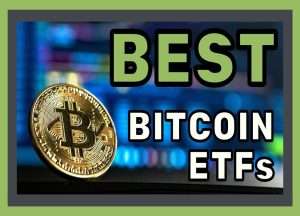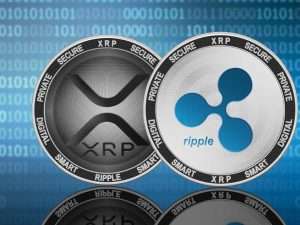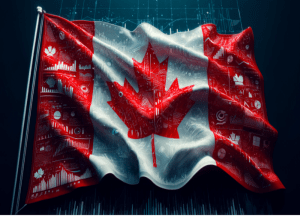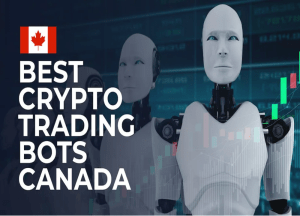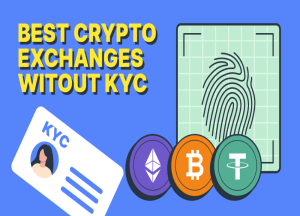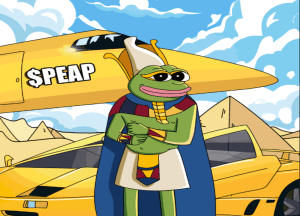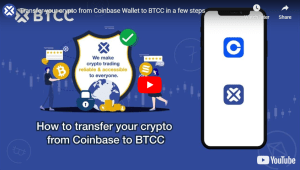How Does Dao Promote The Scientific Development of Decentralization
Scientific Research Institutions Are Calling For Structural Change
Scientists waste their time competing for increasingly limited funds, and a large part of the funding goes to already well-known scientists. The super competitive and systematic bias of academia has sucked away individual creativity and driven many scientists out of this field. Its output, mainly publications or intellectual property rights, is often not even available to taxpayers, its main sponsor.
Decentralized Science (DeSci) provides an alternative to the current way of scientific development. The campaign recommended opening up science by favouring decentralization rather than centralized control of research institutions and publicly funded institutions.
Decentralized communities do not need to apply for funding from funding agencies (such as the National Institutes of Health), but obtain research funds through crowdfunding. It is also that they have any generated value, not research institutions or companies.

Do You Know Decentralized Autonomous Organization?
The decentralized community is built on Web3, which is an unlicensed and untrusted iteration of the Internet. This means that users do not need any centralized authorization, and all interactions can be verified on the blockchain, thus eliminating the need to trust third-party data or transactions.
These social media centers are now being subverted by social technology.As an alternative to traditional companies or research institutions, decentralized autonomous organizations (DAO) are entities that use smart contracts to connect like-minded people.
The Decentralized Community Is Built on Web3, An Unlicensed and Untrusted Iteration of The Internet
These contracts are code that describes the rules and how Dao is managed. In addition, unlike traditional organizations, their structure is flat and democratic. Everyone on the Dao can vote on any change in the rules and decide the purpose of the funds. Their contributions are rewarded with tokens (a bit like cryptocurrency for stocks), which symbolize partial ownership of Dao.
While some Daos require potential members to demonstrate their expertise, most Daos can have anyone join and contribute.
Scientific research, whether in academia or elsewhere, is notorious for its checks and bureaucracy. On the contrary, the entry threshold of scientific Dao is low. Their purpose is to reward scientists for their contributions, not necessarily their reputation.
In addition, due to their structure, Dao encourages cooperation and open sharing of data, so as to bring innovation out of the high wall of academia and industry.
How Does Dao Affect Scientific Research
Rare diseases such as alkaptonuria (a genetic disease) and schwannoma (a rare nerve tumor) affect only hundreds or thousands of people in the United States. The small potential market means that most pharmaceutical companies have no incentive to develop treatments for these diseases.
In addition, because the pharmaceutical industry is also the main sponsor of basic disease research, there is a big gap in our understanding of rare diseases.With Dao, stakeholders such as rare disease researchers and affected patients can raise funds in a distributed manner. This not only enables patients with rare diseases to actively participate in drug development, but also provides them with financial benefits in the results, unlike typical fund-raising groups.
Suppose a Dao develops a candidate drug with real-world prospects. Who owns it? Each member who owns Dao tokens. Tokenization breaks down an asset into parts that individuals can own. This allows retail investors (basically ordinary people) to buy a piece of real estate or part of an expensive art piece, so that more people can make high-value investments.
Dao can take advantage of this to divide the ownership of its intellectual property into tokens collectively owned by all stakeholders.
In the past year, unforgeable tokens (NFTs) have become more and more popular, enabling artists to monetize their works of art. IP NFTs offer the same benefits to researchers seeking decentralized funding to develop and commercialize their research.
Decentralization Can Eliminate Redundancy in Scientific Research
Another challenge of science is the lack of fairness and transparency in science publishing. Scientists are encouraged to publish only significant novel results. Because the negative results cannot be seen in the light, scientists often waste time and resources to develop programs that are no longer effective for other scientists.
Decentralization can eliminate this redundancy by encouraging transparent sharing of all data. In addition, unlike traditional journals that do not pay for peer reviewers, DeSci’s alternative can reward reviewers with tokens.
What Is The Scientific Dao Building
In January, longevity start-up Altos labs stepped out of stealth mode, and Jeff Bezos, Yuri Milner and others invested $3 billion. However, longevity is a key area that cannot be left to billionaires alone.
Vitadao is democratizing longevity research by adopting a community driven funding model for early research projects. For example, it helped a group of Danish researchers raise funds to reuse existing drugs as anti-aging drugs.
Another scientific Dao, opscientia, is building a knowledge casting network. It brings together citizen science communities and provides a framework to motivate their contributions to collaborative research.
Citizen science is not new, and the crowdfunding of science initiatives is not new: the innovation of opscientia and other Daos in this field is to connect the two with smart contracts to automatically reward the work of citizen scientists.
Vitadao and ospientia are just a microcosm of the rapidly growing field of Dao driven decentralized science. Other scientific Daos are funding research on psychedelic drugs, making scientific publishing more transparent and transforming genomic data into NFTs.
In addition to distributed financing, collective ownership and transparent peer review, decentralized science has other benefits. Because Daos are theoretically owned by individuals around the world, they are more resistant to political interference. Science important to the community is funded, not what the government wants to give priority to.
In this way, decentralized science provides a new opportunity to ask who science should serve. The Dao needs to assess this issue and work to establish and strengthen mechanisms to protect the interests of these people.
